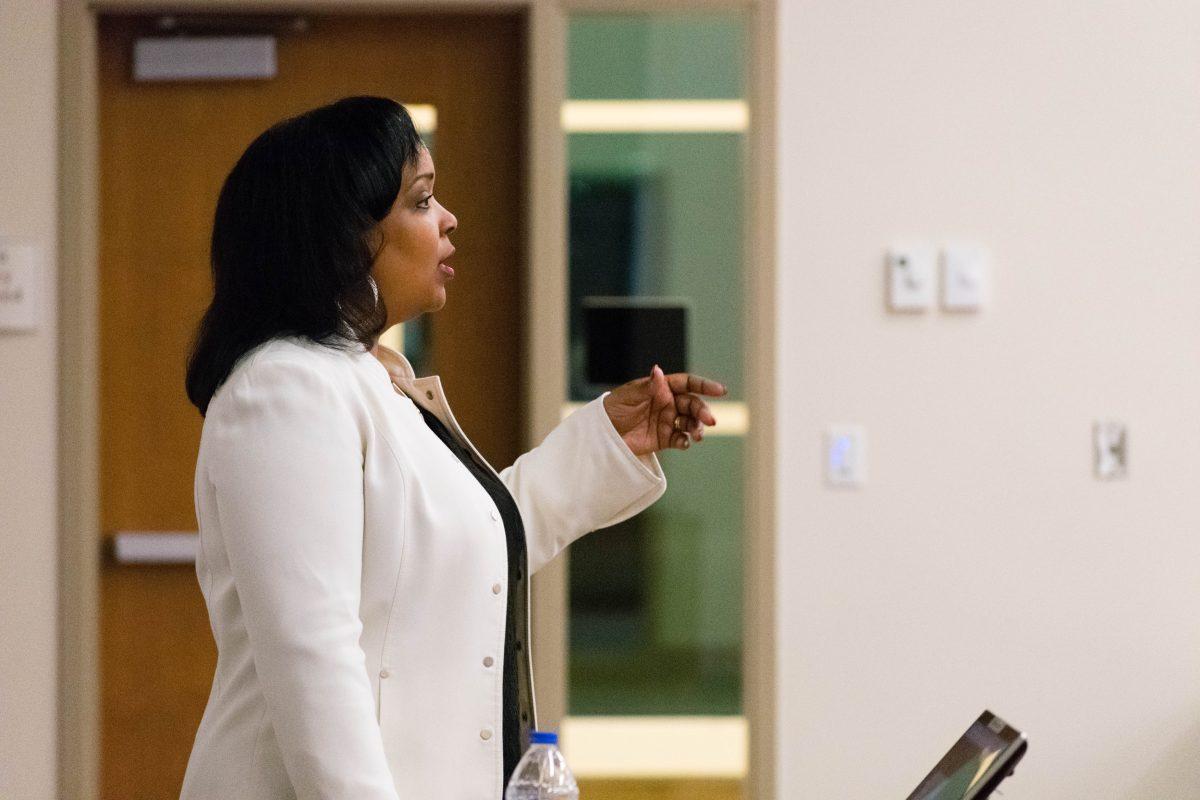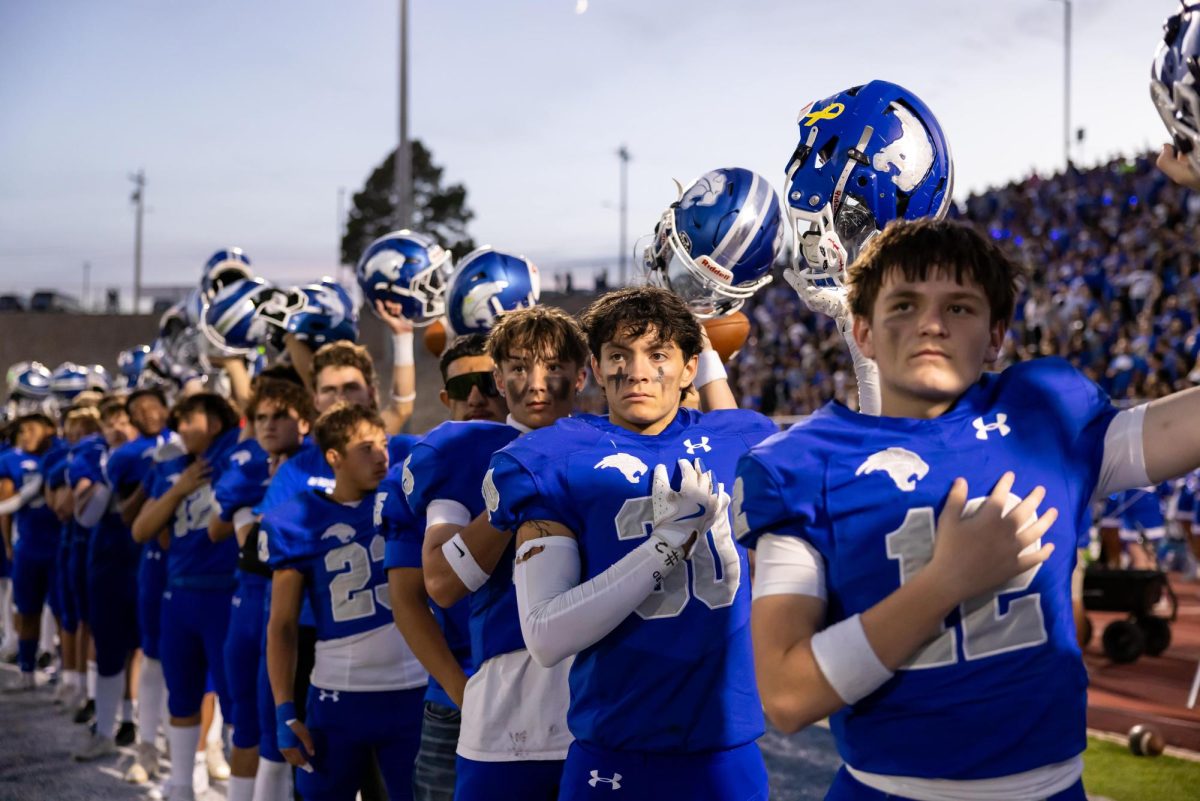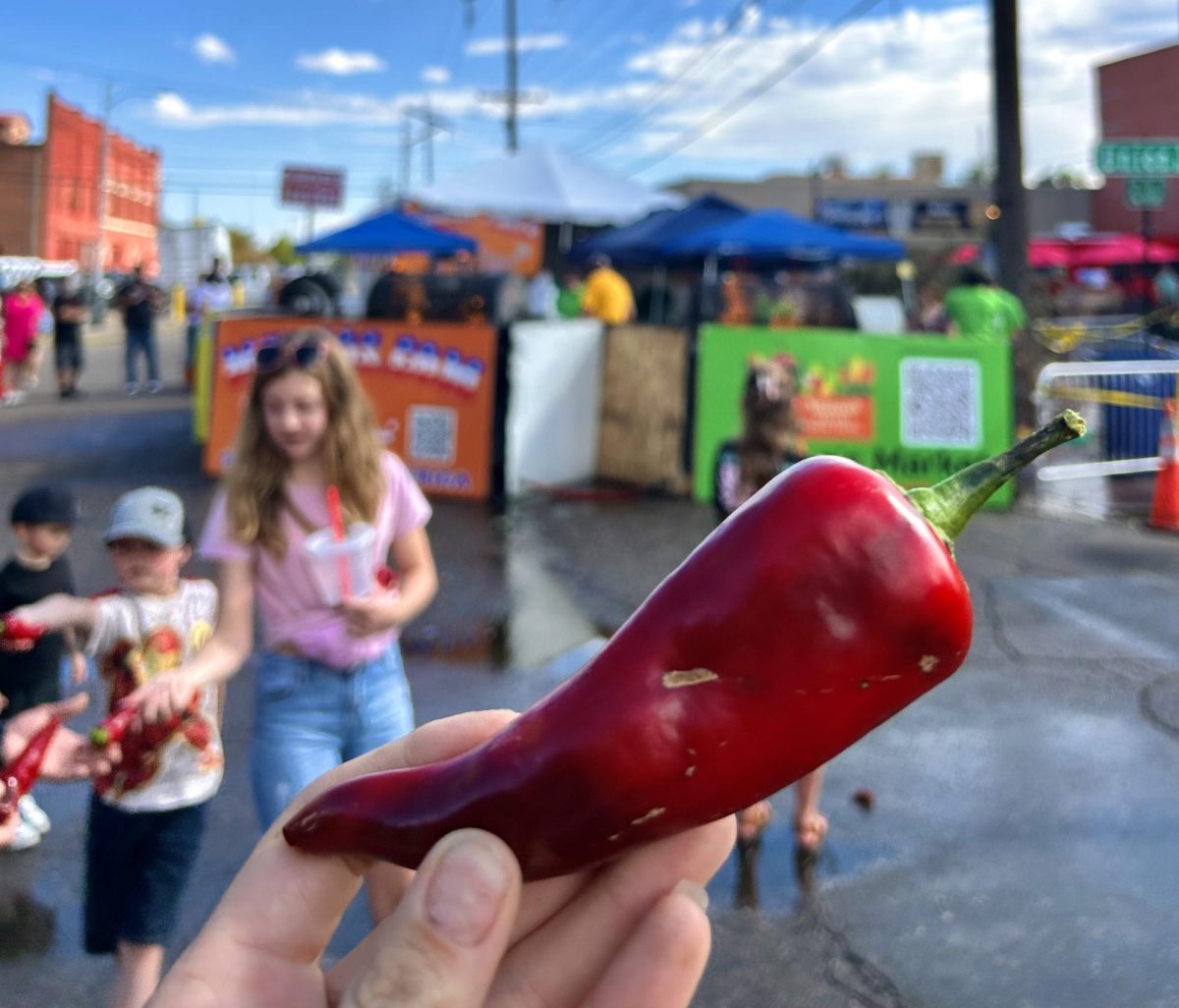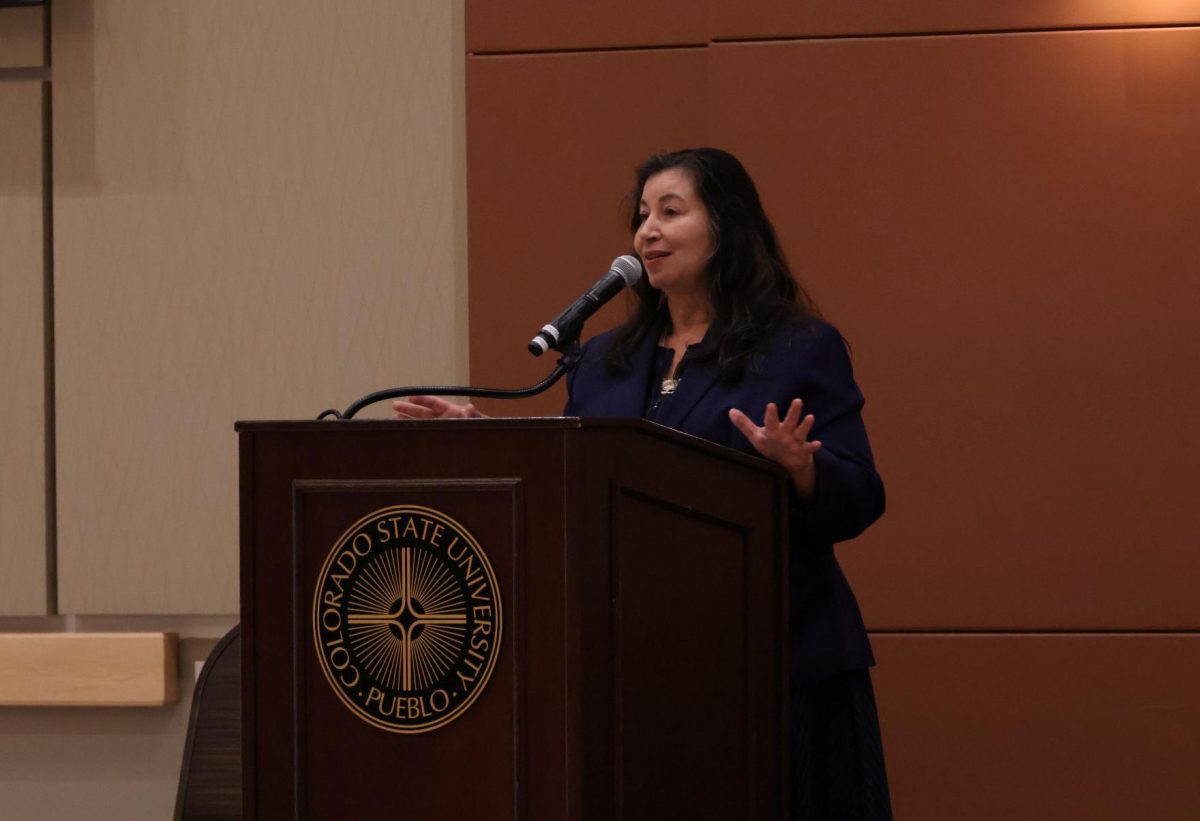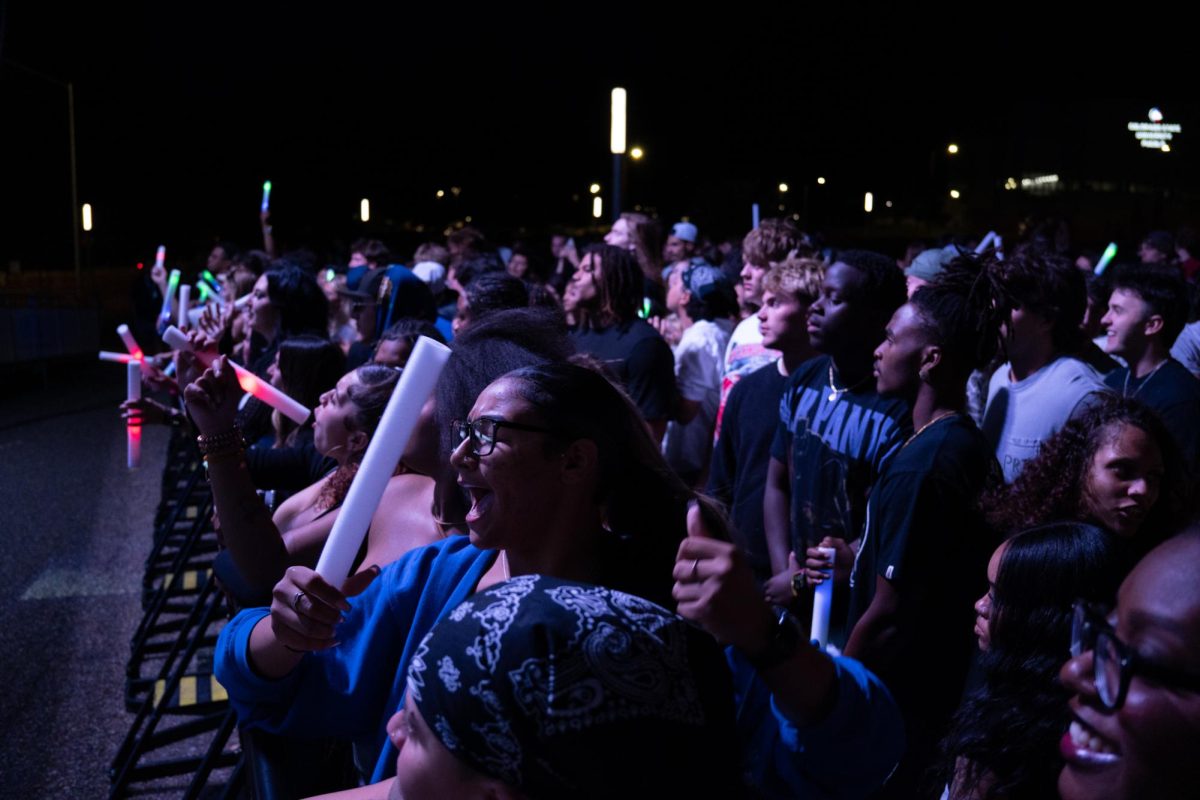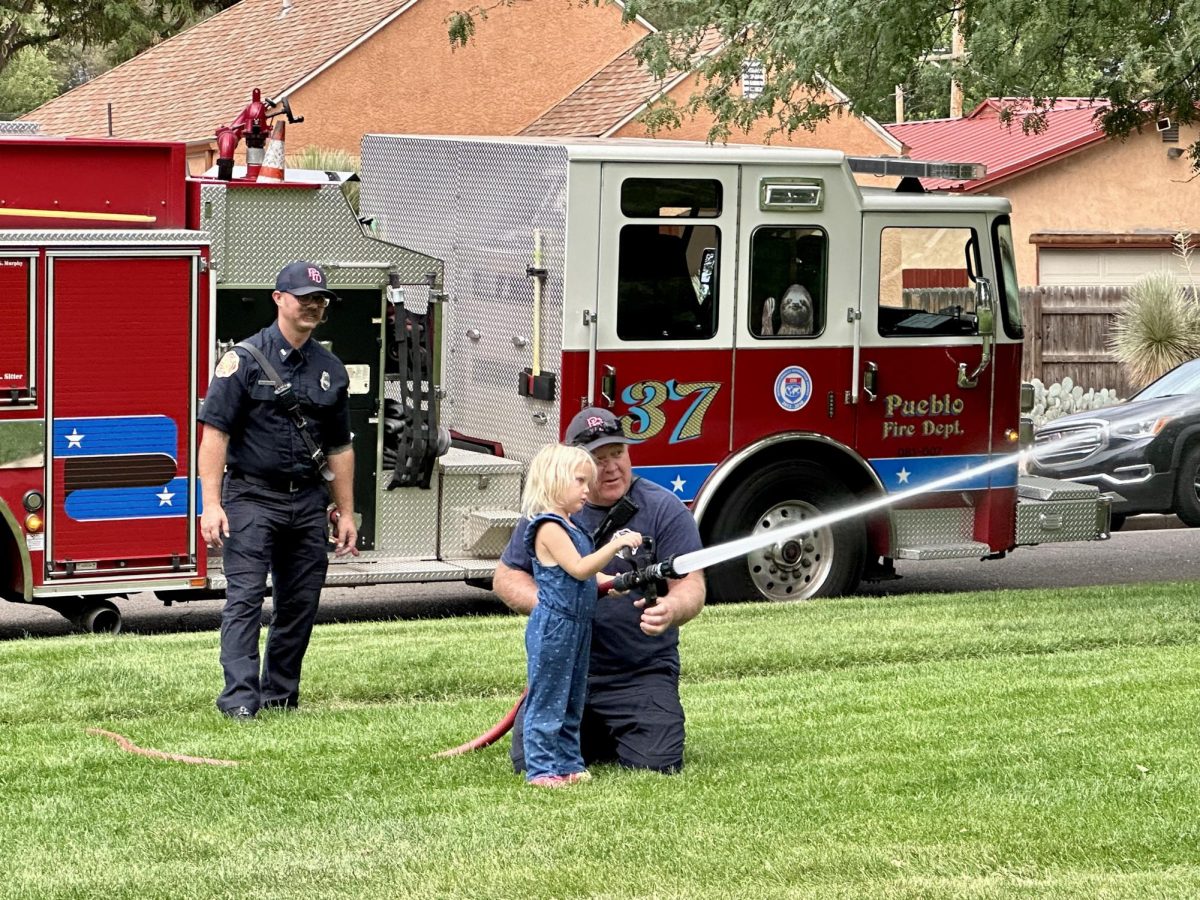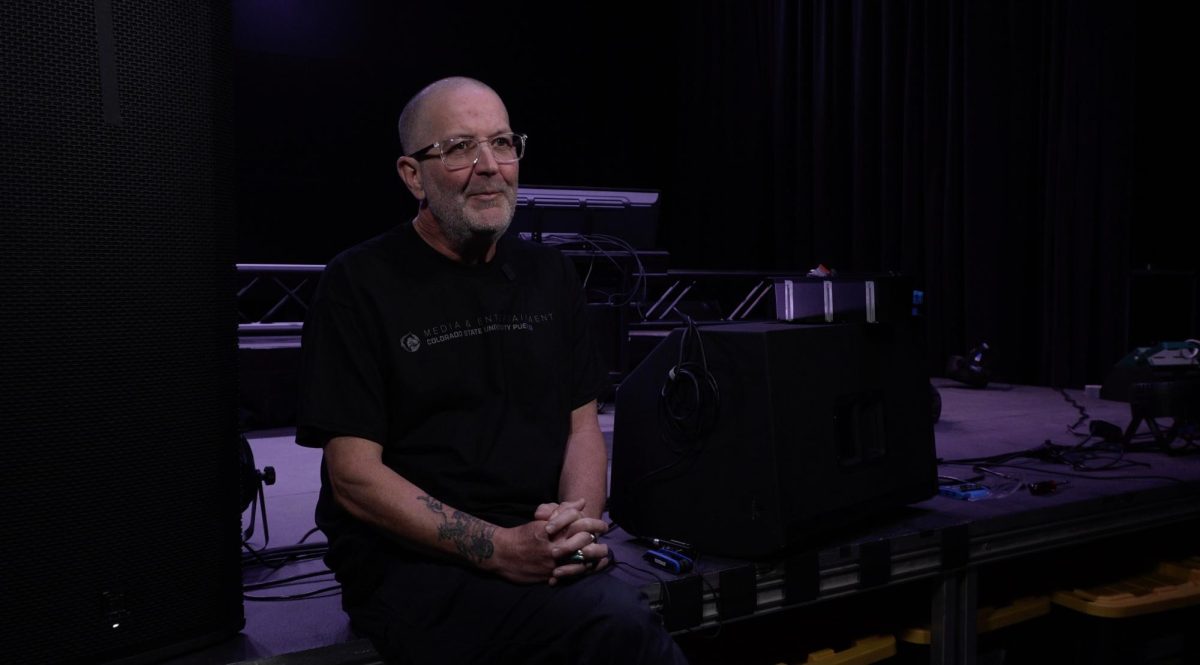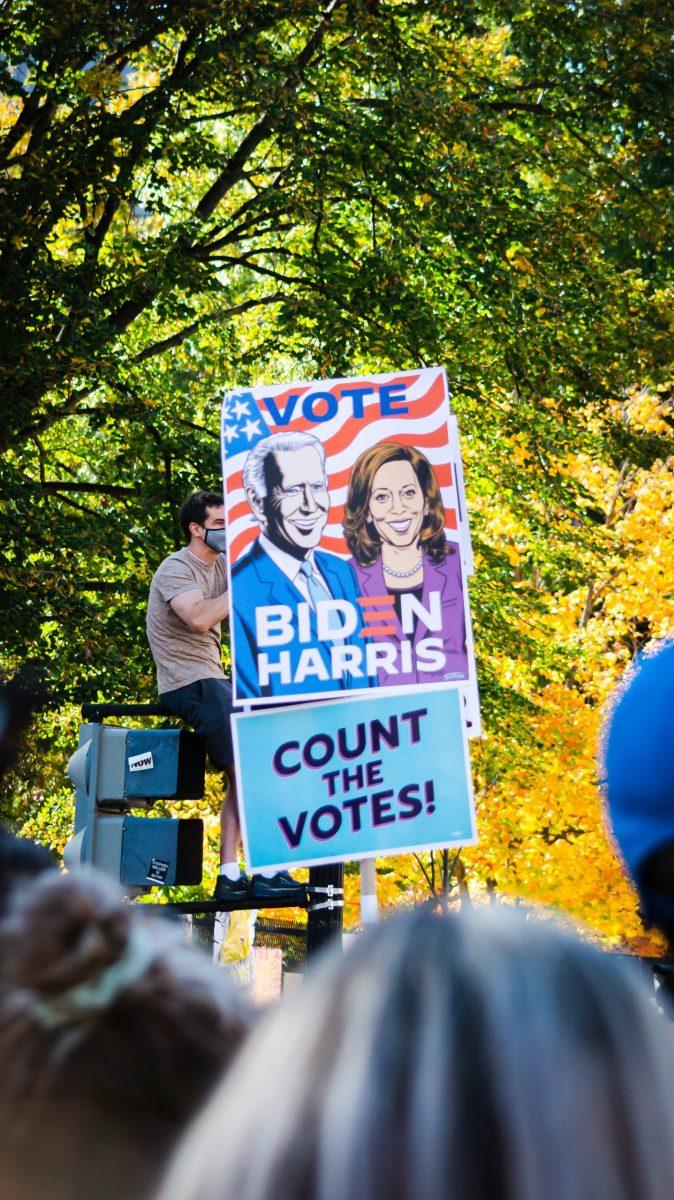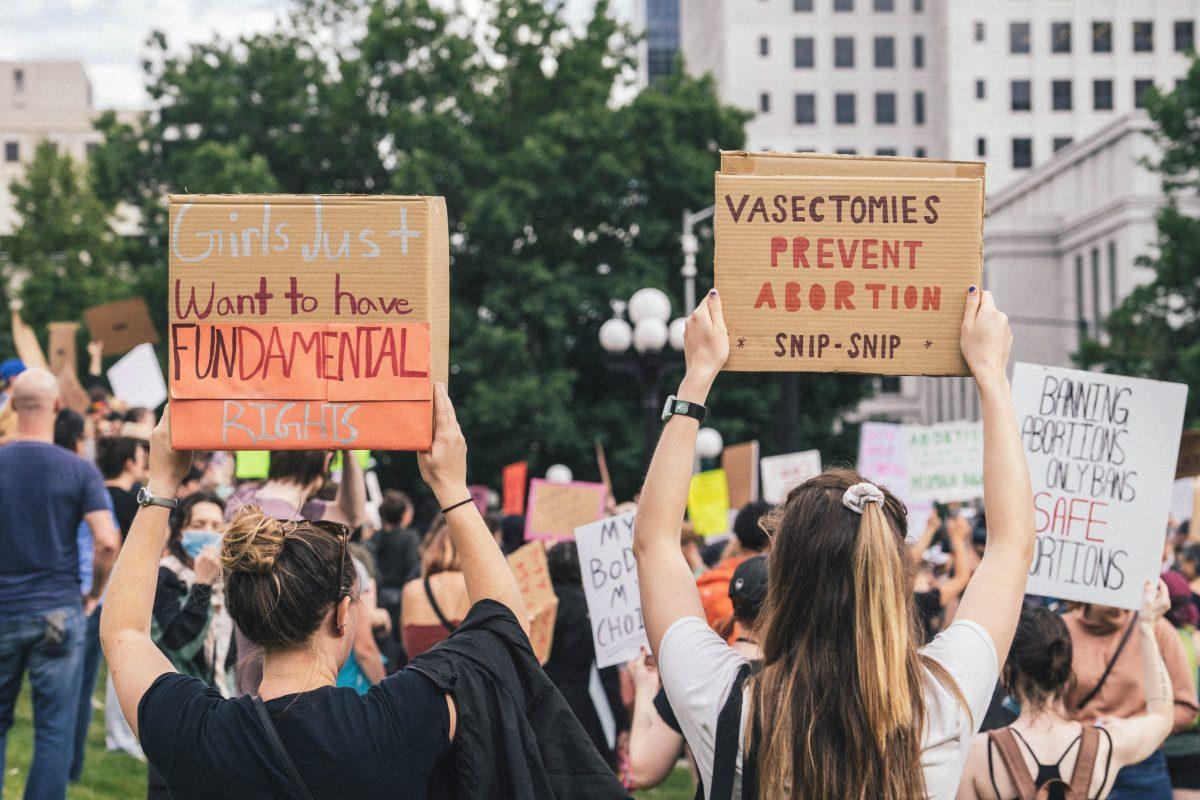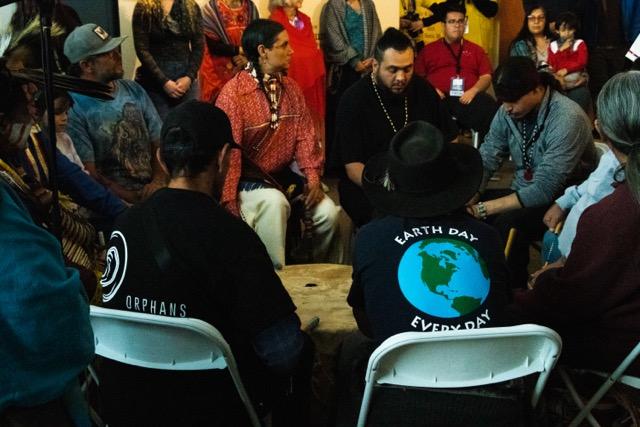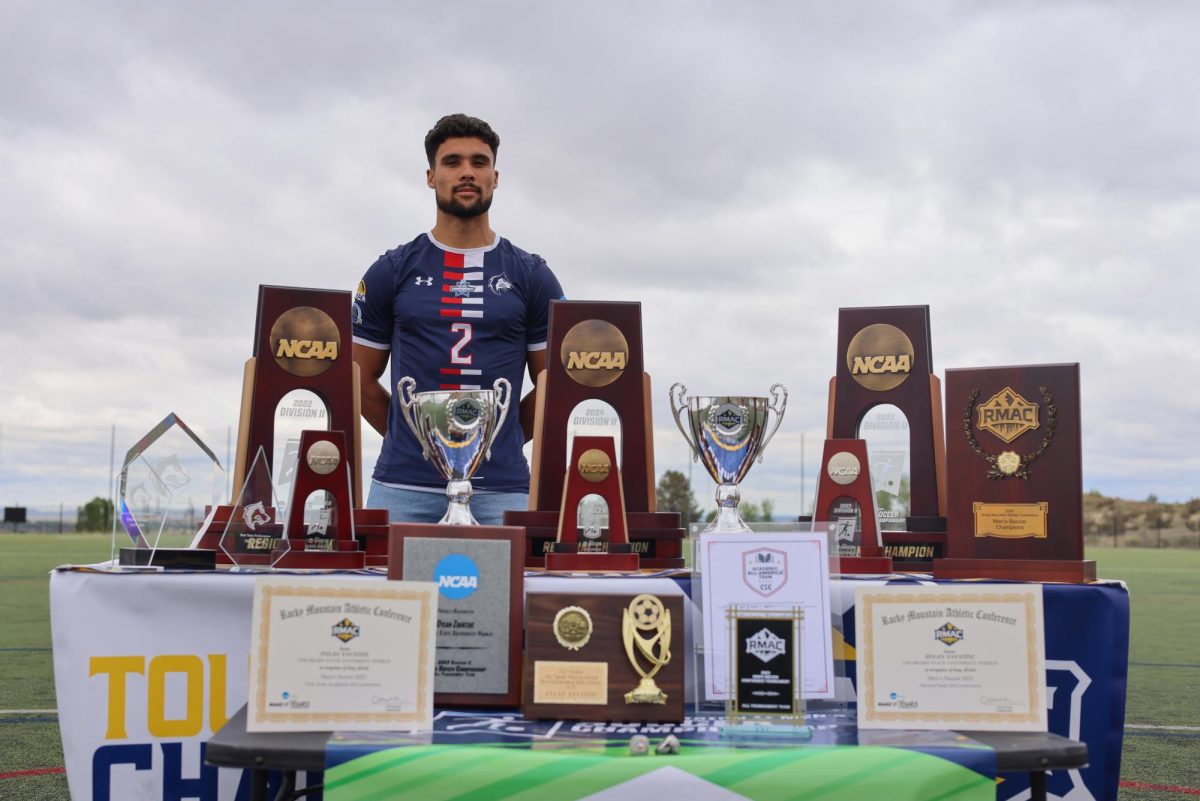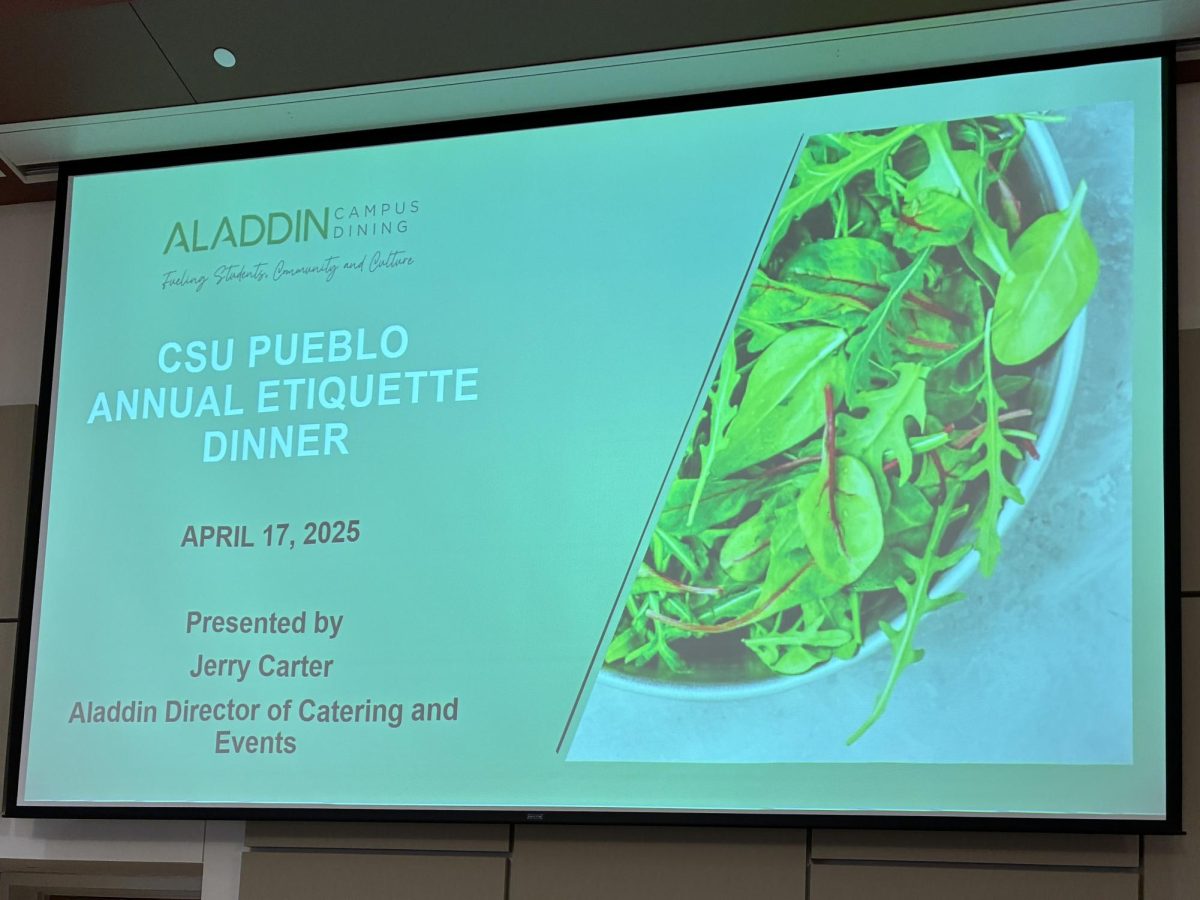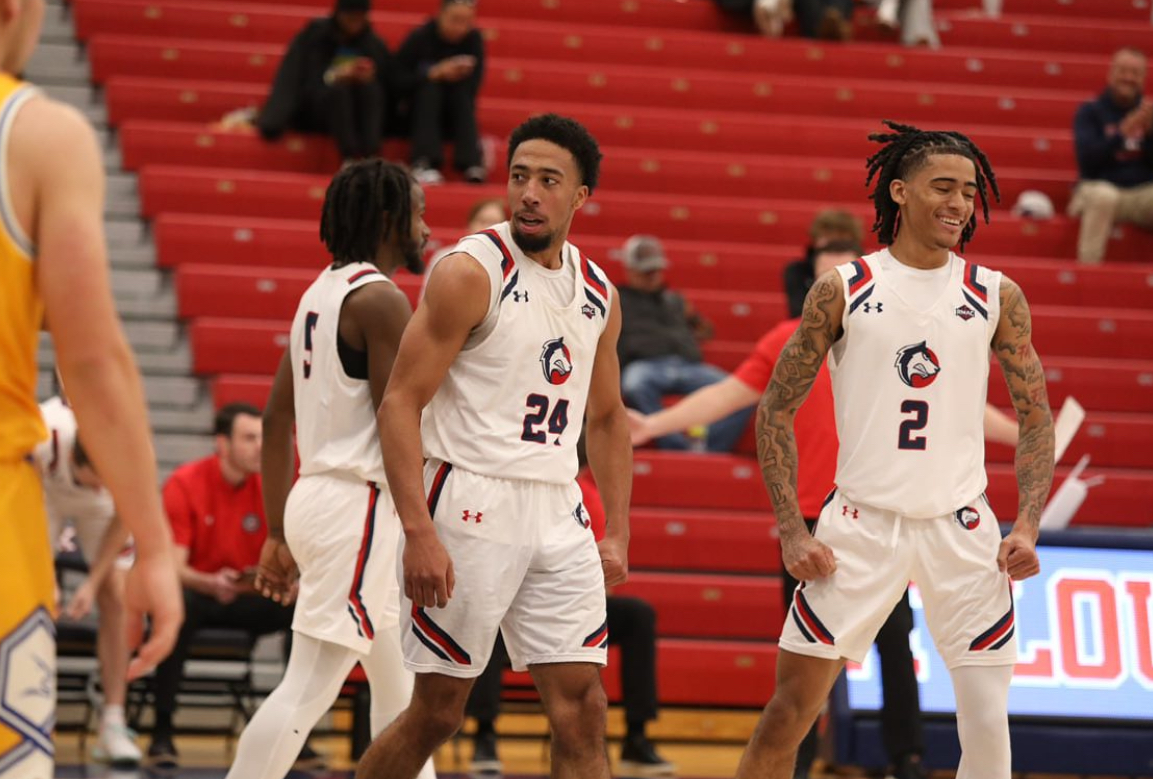By Victoria Jimenez
Colorado State University-Pueblo’s scheduled events for Black History Month kicked off with dinner and discussion on racism and discrimination by keynote speaker, the first lady of Denver, Mary Louise Lee.
The event was hosted by CSU-Pueblo’s Black Student Union and the Office of Diversity and Inclusion Feb. 1 in part with Student Fees at Work.
Lee is a singer, model, and the wife of the mayor of Denver, Michael B. Hancock. She discussed the history of discrimination propagated against African-American and other minority groups within the U.S, and the outlook for the next generation in the face of racism.
She began by singing a rendition of Billie Holiday’s Strange Fruit, a poem originally published in 1937 by Abel Meeropol; the song expresses the historical lynching of African-American and is considered a protest statement against racism in America.
“There is a strange fruit in America,” said Lee. “Until America recognizes the strange fruit that divides us that doesn’t allow us to come together as a nation of opportunity, we will never live out our full potential.”
In her presentation, Lee discussed the early roots of racism against African-American, stemming from 19th century American Reconstruction, and went on to connect it to the current social climate of the U.S.
“Race was the dividing line during this era. It was used to divide us; effectively keeping America from using every element of talent and intellectual capacity hearing contained from reaching its full potential,” said Lee. “What’s sad is that some of the same issues from 1959 are still present now in 2018.”
Lee said that the nature of mass media today no longer allows people to turn away from problem, addressing the content that children were once protected from just decades ago.
“You and other students see images on TV, from Charlottesville and from other places throughout the U.S., of nationalists marching across universities campuses, proclaiming that they are superior and that everyone else isn’t as worthy,” said Lee.
Lee said that the issue has not gone away, but evolved under modern pressure, and not only are African-American targets of discrimination, but other immigrants and refugees who find themselves the target of offensive, uninvited language and executive orders designed to intimidate, provoke fear and maintain control.
Lee cited an example that happened two years ago in Fort Collins, Colorado, where her daughter attended college at Colorado State University.
A neighbor received backlash for a Halloween decoration of a hanging woman that was deemed racially offensive by community members.
“It’s a disgrace. And although things have changed, so much has not. Many people of color are targeted every day because of the color of our skin because of a stereotype from our battered society,” said Lee. “Even with all these challenges, there is reason for hope.”
She said the torch continues to be passed down so that the upcoming generations of people of color can compete equally in the nation, such as those students at CSU-Pueblo.
“Minorities across the country, including the students here, you have to prove every day that you are worthy enough to be on this campus. You have to prove that opportunities are not just given to you, you have to work hard for them.”
Lee said she was incredibly inspired by her visit to the Smithsonian National Museum of African-American History and Culture in Washington D.C. “That is a must see for everyone,” she said.
“Taking in that powerful frame of accomplishment of a people’s triumph gave me tremendous pride and overwhelmed me with emotion,” said Lee. “It reminded me that progress is being made that hope is still present in America, and that this isn’t the time to stop fighting for what you know and feel is right.”
Lee opened the floor to the audience for group discussion over prominent discrimination issues.
Vera Estrada, a native Puebloan, said she was a student during the Chicano and Black revolutions of the 60s in Colorado during the discussion. “One of the things I remember way back when, is that we were always told that in order to get ahead to be recognized as a person of color was within education and the power of politics.”
“I just encourage all you young people; you’re our future,” said Estrada




